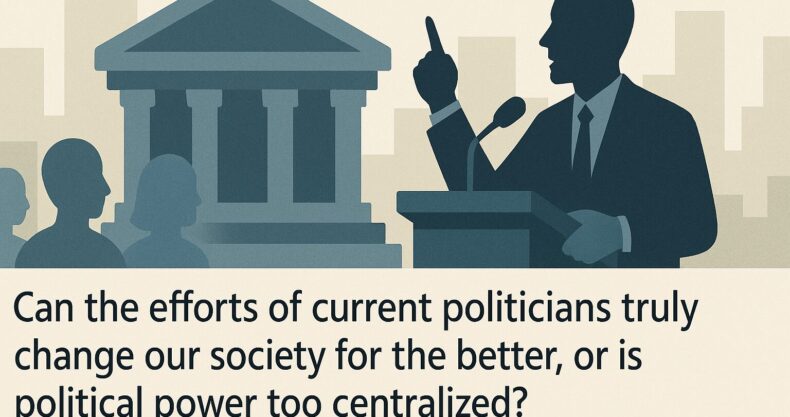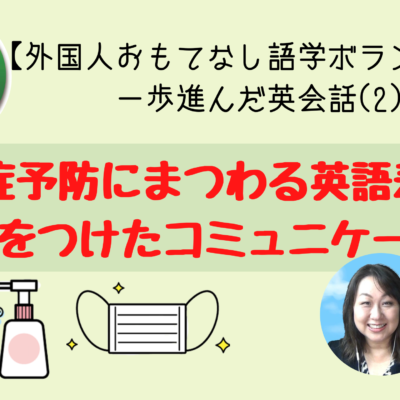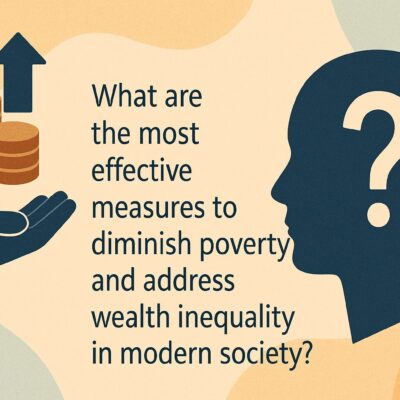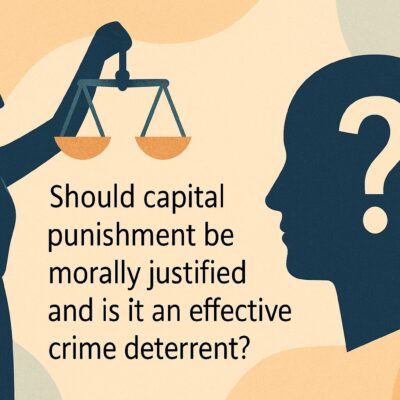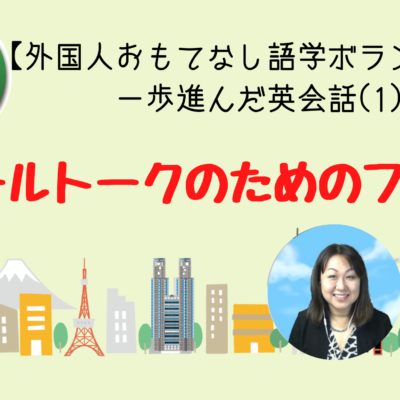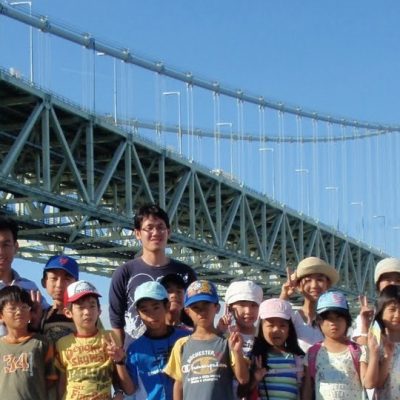トピック: Can the efforts of current politicians truly change our society for the better, or is political power too centralized?
- 英語のみバージョン (English Only Version)
1.1. 変えることができる (Can Change – Optimistic View)
Introduction & Opinion
The topic is about the power of politicians to change society. I believe that the efforts of current politicians can truly change our society for the better, especially when they focus on the needs of the people.
Reason 1: Influence through Policy
First, politicians have the power to create and implement policies that directly affect people’s lives. For example, a politician can introduce a new law to improve the education system or increase the minimum wage. These changes, even small ones, can lead to a better society over time. Their decisions on national budgets and international relations have a huge impact.
Reason 2: Power Can Be Decentralized
Second, while political power can be centralized, politicians can choose to decentralize it. They can give more power and money to local governments and communities. This allows local people to solve their own problems more effectively. By promoting transparency and listening to diverse opinions, politicians can make the system more democratic and responsive.
Conclusion
In conclusion, politicians have the necessary tools and influence to make positive changes. When they act with integrity and focus on long-term goals, they can certainly lead society toward a better future.
1.2. 変えることは難しい (Cannot Change – Pessimistic View)
Introduction & Opinion
The topic is about the power of politicians to change society. I believe that it is very difficult for current politicians to truly change our society for the better because political power is too centralized and resistant to change.
Reason 1: Centralization of Power
First, political power is too centralized in the hands of a few leaders and powerful parties. This centralization makes it hard for new ideas or young politicians to have a real voice. Decisions are often made to benefit the powerful few, not the general public. This lack of diversity in decision-making prevents real, meaningful change.
Reason 2: Resistance from Vested Interests
Second, politicians face strong resistance from vested interests—groups like big corporations or old political families who benefit from the current system. Even if a politician wants to introduce a good policy, these powerful groups can use their money and influence to stop it. This political inertia means that most efforts by politicians result in only minor, superficial changes.
Conclusion
In conclusion, the current political system, with its centralized power and resistance from vested interests, makes it almost impossible for politicians to bring about fundamental positive change. We need a major reform of the system itself.
- 注釈付きバージョン (Annotated Version)
2.1. 変えることができる (Can Change – Optimistic View)
導入と意見 (Introduction & Opinion)
The topic is about the power of politicians to change society. I believe that the efforts of current politicians can truly (本当に) change our society for the better, especially when they focus on the needs of the people.
理由1: 政策による影響力 (Influence through Policy)
First, politicians have the power to create and implement (実行する) policies (政策) that directly affect (直接影響する) people’s lives. For example, a politician can introduce a new law to improve the education system or increase the minimum wage (最低賃金). These changes, even small ones, can lead to a better society over time (時間をかけて). Their decisions on national budgets and international relations have a huge impact.
理由2: 権力は分散可能 (Power Can Be Decentralized)
Second, while political power can be centralized (集中した), politicians can choose to decentralize (分散させる) it. They can give more power and money to local governments and communities. This allows local people to solve their own problems more effectively. By promoting transparency (透明性) and listening to diverse opinions, politicians can make the system more democratic and responsive (対応力のある).
結論 (Conclusion)
In conclusion, politicians have the necessary tools and influence to make positive changes. When they act with integrity (誠実さ) and focus on long-term goals (長期的な目標), they can certainly lead society toward a better future.
2.2. 変えることは難しい (Cannot Change – Pessimistic View)
導入と意見 (Introduction & Opinion)
The topic is about the power of politicians to change society. I believe that it is very difficult for current politicians to truly change our society for the better because political power is too centralized and resistant to change (変化に抵抗する).
理由1: 権力の集中 (Centralization of Power)
First, political power is too centralized in the hands of a few leaders and powerful parties. This centralization (集中) makes it hard for new ideas or young politicians to have a real voice. Decisions are often made to benefit (利益をもたらす) the powerful few, not the general public (一般大衆). This lack of diversity (多様性) in decision-making prevents real, meaningful change (意味のある変化).
理由2: 既得権益の抵抗 (Resistance from Vested Interests)
Second, politicians face strong resistance (抵抗) from vested interests (既得権益)—groups like big corporations (企業) or old political families who benefit from the current system. Even if a politician wants to introduce a good policy, these powerful groups can use their money and influence to stop it. This political inertia (政治的慣性) means that most efforts by politicians result in only minor, superficial changes (表面的な変化).
結論 (Conclusion)
In conclusion, the current political system, with its centralized power and resistance from vested interests, makes it almost impossible for politicians to bring about fundamental (根本的な) positive change. We need a major reform of the system itself.
注釈リスト (Annotations List)
英語 (English) | 日本語訳 (Japanese Translation) |
truly | 本当に |
centralized | 集中した |
implement | 実行する |
policies | 政策 |
directly affect | 直接影響する |
minimum wage | 最低賃金 |
over time | 時間をかけて |
decentralize | 分散させる |
transparency | 透明性 |
responsive | 対応力のある |
integrity | 誠実さ |
long-term goals | 長期的な目標 |
resistant to change | 変化に抵抗する |
centralization | 集中 |
benefit | 利益をもたらす |
general public | 一般大衆 |
diversity | 多様性 |
meaningful change | 意味のある変化 |
resistance | 抵抗 |
vested interests | 既得権益 |
corporations | 企業 |
influence | 影響力 |
political inertia | 政治的慣性 |
superficial changes | 表面的な変化 |
fundamental | 根本的な |


